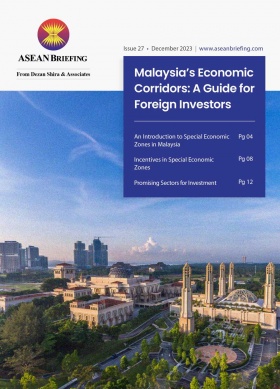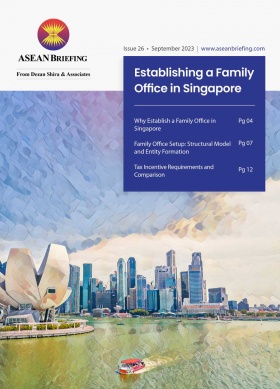Malaysia Imposes Tax on the Import of Low Value Goods
As of January 1, 2024, Malaysia has imposed a new 10 percent sales tax on the import of low-value goods (LVG) sold online in the country. The ruling was postponed since its announcement in the 2022 national budget.
Low-value goods that are excluded from this ruling are electronic cigarettes, tobacco products, liquors, and cigarettes.
Other key obligations
Registration
Further, the Royal Malaysian Customs Department (RMCD) has also announced that those who sell products on an online platform or operate an online marketplace to sell low-value goods must register with the RMCD if the total sales value of the low-value goods exceeds 500,000 ringgit (US$105,000) in 12 months.
Once registered, the seller must remit the 10 percent tax on all LVG.
Invoicing
All shipping documents should be in Malay or English and should include the following:
- Date of invoice;
- Serial number of the invoice; and
- Name and address of the registered seller and their registration number.
According to the RMCD, the taxable period is three months ending on the last day of any month. As such, it is recommended that payments are made no later than the last day of the following month of the taxable period.
Levelling the playing field for local retailers
The Malaysian government hopes that the introduction of this new tax rate will help level the playing field for local retailers, as well as bolster a faltering ringgit. There is a six percent sales and service tax on locally produced items.
Further, local retailers have to pay tax at various points of the supply chain such as for importing raw materials or finished goods into Malaysia. In contrast, foreign sellers have largely escaped paying taxes in the country.
Malaysia received approximately 289 million ringgit (US$61 million) in e-commerce income in the third quarter of 2023, an increase of 5.4 percent year-on-year.
A thriving digital economy
The digital economy remains a key growth economic area for Malaysia. It is expected to contribute to 25 per cent of GDP and will generate over 500,000 jobs by 2025.
According to the e-Conomy report compiled by Google, Temasek, and Bains & Company, Malaysia’s digital economy is expected to have a gross merchandise value (GMV) of US$30 billion by 2025, an increase from US$23 billion in 2023. This is expected to rise to between US$45-US$70 billion by 2030.
E-commerce will be the main growth driver, with a predicted GMV of US$16 billion by 2025 and US$25 billion by 2030.
The country has witnessed significant investments in data centers located on the fringes of Greater KL. Malaysia’s data center market is expected to reach US$1.57 billion by 2027. According to a report by KPMG, the city was ranked the ninth top city in the Asia Pacific and outside of Silicon Valley for its potential to be a leading tech innovation hub.
About Us
ASEAN Briefing is produced by Dezan Shira & Associates. The firm assists foreign investors throughout Asia and maintains offices throughout ASEAN, including in Singapore, Hanoi, Ho Chi Minh City, and Da Nang in Vietnam, in addition to Jakarta, in Indonesia. We also have partner firms in Malaysia, the Philippines, and Thailand as well as our practices in China and India. Please contact us at asean@dezshira.com or visit our website at www.dezshira.com.








